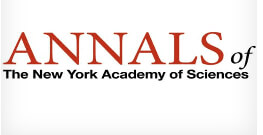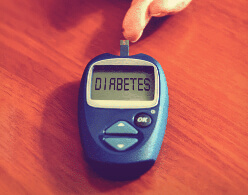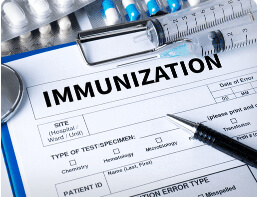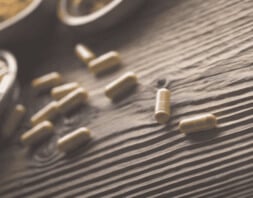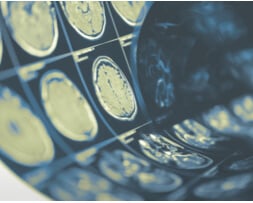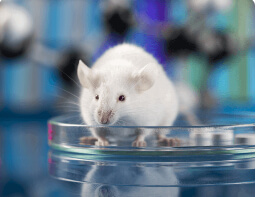Resveratrol Dose: Occasionally scientific journals will ask leading scientist to write reviews that in their opinion highlight the most important discoveries on a subject of interest. A new series of articles have been recently published by the Annals of the New York Academy of Sciences highlighting the many functions of resveratrol (Volume 1215, Resveratrol and Health).
We have selected a few of these articles and briefly reviewed those articles that may be of relevance to individuals taking resveratrol. The first of these articles deals with resveratrol and its effects on Cancer mechanisms (pages 1-8). The article does a very good job at describing some of the pathways that are important for resveratrol’s antiCancer properties.
For example, the authors go over the data that clearly indicates that apoptosis (a method of killing cells) is important for chemoprevention which is enhanced by resveratrol. (There is another article that specifically addresses the apoptotic properties of resveratrol on pages 79-88). Equally important is the conclusion they make which is what many have suspected all along: “resveratrol hold [a] tremendous potential as an efficient antiCancer drug of the future”.
This article is followed by a review on our current understanding of the bioavailability and metabolism of resveratrol with an emphasis on humans (pages 9-15). Interestingly, this article also discusses the resveratrol analogs that may help improve bioavailability of resveratrol to our cells. On this note, there is an article (pages 131-137) that discusses clinical data supporting the uptake of 450 mg/day.
The next article (pages 16-21), deals with the cardioprotective effects of resveratrol. In short, the coronary heart disease is one of the leading causes of death in the United States and for Western cultures. The strengths of this article may be the section where the authors discuss the many proteins specifically targeted by resveratrol, such as NQO2, and suggest a framework for uncovering how these proteins are aided by resveratrol.
Another article in this compendium that also discusses cardioprotective effects but takes a different angle is on pages 117-122. However, in this article the authors emphasize more the vascular system as a whole and then how resveratrol’s Anti-Inflammatory properties may be the mechanism for preventing or reducing the vascular aging in the elderly. In short there many interesting article in this collection that merit some reading.


